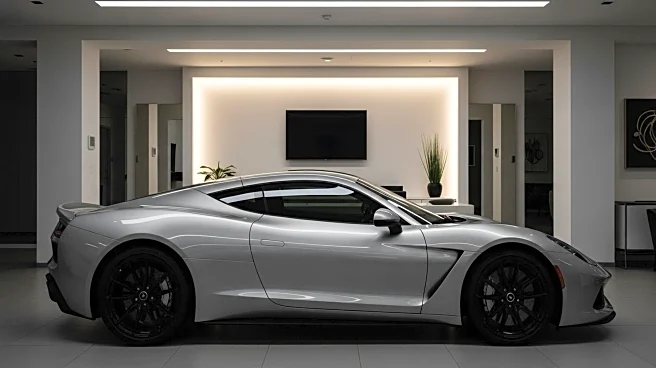What is the story about?
What's Happening?
Porsche has reported a 21% decline in its third-quarter sales in China, attributed to a slowdown in demand for luxury brands. Despite this downturn, Porsche's Macan model remains its best-selling line globally, with sales increasing by 18% to 64,783 units in the first three quarters, over half of which are fully electric. This trend highlights the growing consumer interest in electric vehicles, even as the luxury market faces challenges.
Why It's Important?
The decline in Porsche's sales in China is indicative of broader trends affecting the luxury automotive market. As economic conditions fluctuate, luxury brands may face reduced demand, impacting their revenue and strategic planning. However, the strong performance of Porsche's electric models suggests a shift in consumer preferences towards sustainable and innovative vehicle options. This could influence other luxury automakers to accelerate their electric vehicle offerings to capture market share.
What's Next?
Porsche may need to reassess its strategy in China, potentially focusing more on electric vehicle offerings to align with consumer trends. The company might also explore new marketing strategies or partnerships to bolster its presence in the region. Industry analysts and competitors will be watching Porsche's next moves closely, as they could set precedents for luxury brands navigating economic challenges and shifting consumer preferences.
Beyond the Headlines
The slowdown in luxury sales in China could have ripple effects across the global automotive industry, influencing production decisions and investment strategies. As electric vehicles gain traction, luxury brands may need to innovate and adapt to maintain their appeal and market position. This shift could also impact supply chains and technological advancements within the industry.















